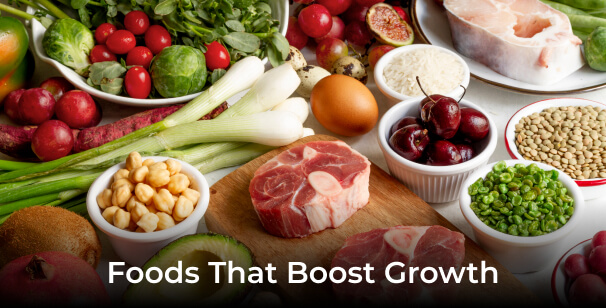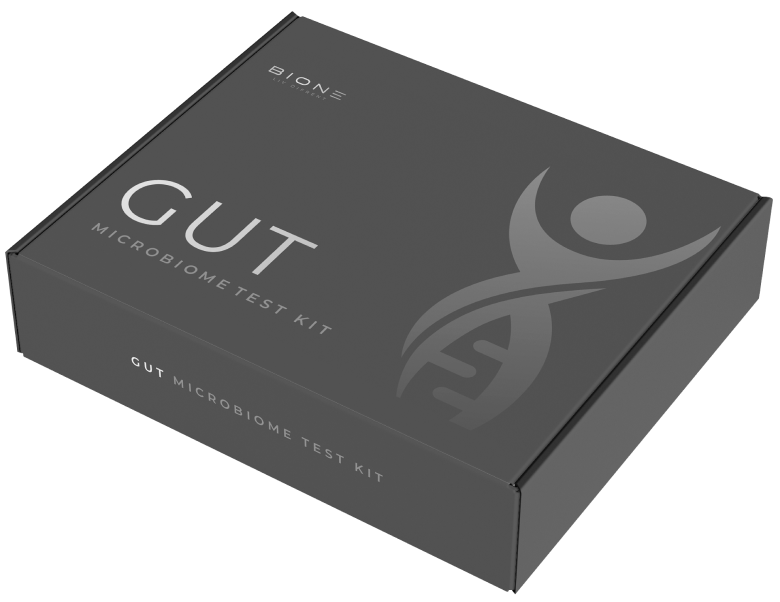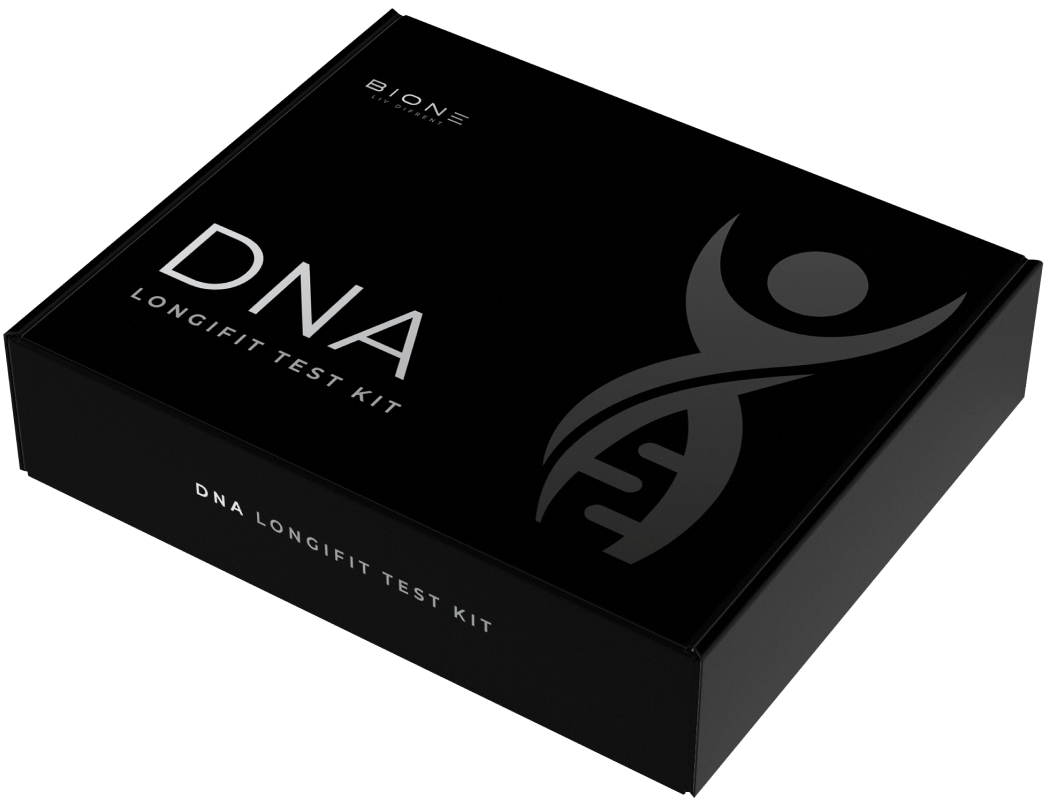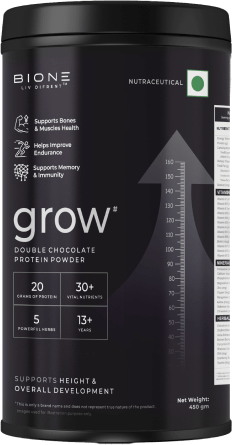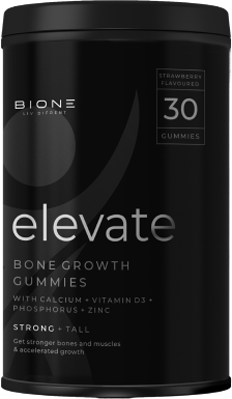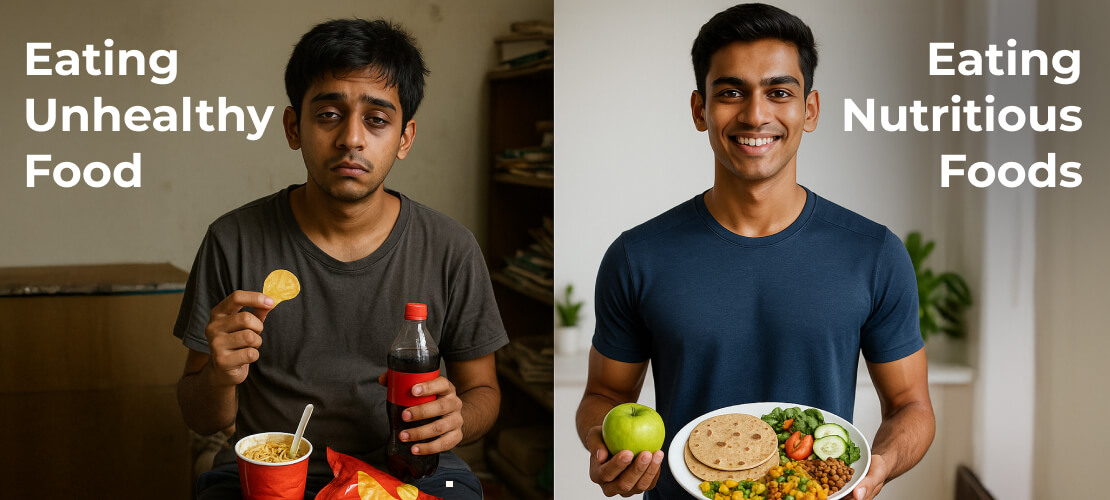Have you ever considered the significant role that the food we eat plays in determining our height? Well, while genetics certainly lays down the blueprint for our height, it is a common misconception that they’re the only factor. In reality, nutrition is the powerhouse player in the intricate process of growth and development, especially during childhood and adolescent years, when our bodies undergo rapid changes.
Hence, the choice of food we make during these crucial years can potentially impact an individual’s height potential, either by providing the building blocks for growth or by hindering the very processes needed for it. You can think of your bodies to be incredibly complex construction sites. Hence, in order to build a strong, tall, and healthy structure, you would need the correct raw materials, and that too in the right quantities. For humans, such raw materials come directly from the food we consume.
Our bones need the right minerals, such as calcium and phosphorus, to lengthen and straighten. Our muscles and tissues require ample protein to develop and repair. When such vital nutrients are in abundance and are supplied consistently through a balanced diet, our bodies have the best chance to reach their genetically programmed height potential. Well, such a process doesn’t mean to make someone unnaturally taller but rather ensures that they achieve the maximum height their genes allow.
The phrase “stunt growth” sounds alarming, and when we talk about foods that fall into this category, junk and processed foods are often at the top of the list. Processed and junk foods introduce obstacles to your body. These types of foods are typically loaded with unhealthy ingredients, primarily trans fats and added sugars.
Well, trans fats are often found in various fried foods, baked products, and even in some processed snacks, contributing to inflammation in the body. On the contrary, added sugar is found in sugary cereals, candies, sodas, and even countless processed snacks, which is another concern. Although such products provide quick energy, they are often packed with “empty calories”, meaning they offer little or no nutritional value to the body.
Sugary beverages include not just sodas, but also fruit juices that come with added sugar, sports drinks, and sweetened teas. Such sugary beverages impair calcium retention in bones, particularly carbonated sodas, as they contain phosphoric acid. Although phosphorus is an essential mineral, when it is consumed in abundance, especially when the calcium intake is insufficient, it can ultimately disrupt the delicate calcium-phosphorus balance in the body.
On the contrary, caffeine, which is often found in tea, coffee, energy drinks, and many sodas, presents another challenge. It can probably disrupt the sleep quality and hence indirectly affect the growth hormone release. For children and adolescents, who require an adequate amount of quality sleep for optimal development, caffeine acts as a stimulant that disrupts their natural sleep cycles.
Another significant factor that affects a teen’s growth is the explicit consumption of alcohol and smoking. Both alcohol and smoking are known to disrupt the endocrine function. The endocrine system is a complex network of glands that produce and release hormones. Not only this, but alcohol and smoking directly impedes the bone development process. When you consume alcohol, it is directly linked with decreased bone density and hence interferes with the absorption of calcium and vitamin D and bone growth.
Dairy products have been championed for their growth-promoting properties, and all for good reasons. Dairy products are rich in calcium, which is the primary mineral component of bones. It is essential to ensure adequate calcium intake for bone lengthening during childhood and adolescent years.
There are several key players that have roles in healthy growth and height development. Among these, zinc and magnesium contribute significantly to the complex process that leads to strong bones and overall development of the body. Zinc is something that is a trace mineral that is vital for various bodily functions, and hence its role in growth is crucial.
Zinc is something that supports rapid cell growth and division, fundamental to the lengthening of bones and the development of muscles. Furthermore, magnesium is another powerhouse mineral that is involved in over 300 biochemical reactions in the body. Luckily, many healthy foods are good sources of zinc and magnesium, such as seeds, whole grains, nuts, legumes, leafy green vegetables, meat and seafood, and more.

